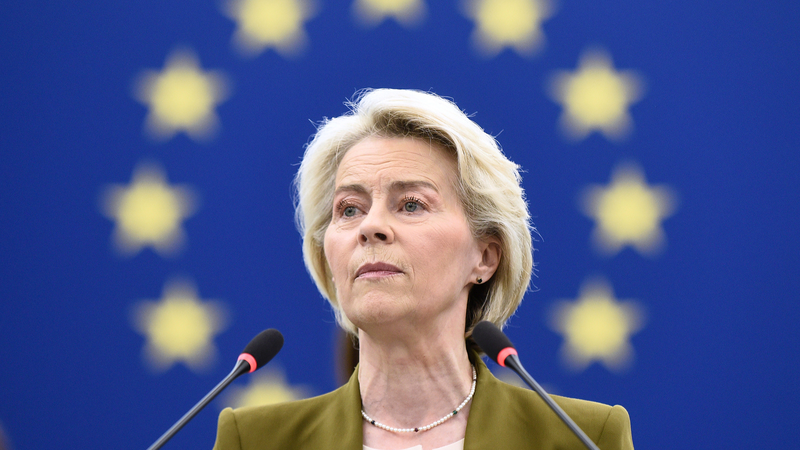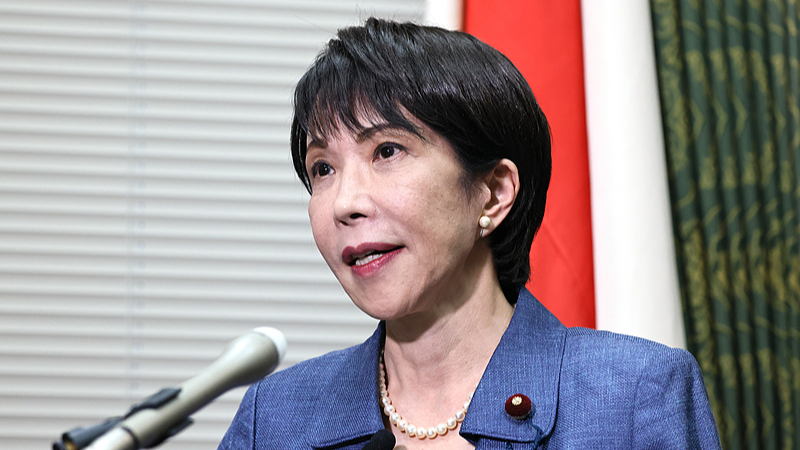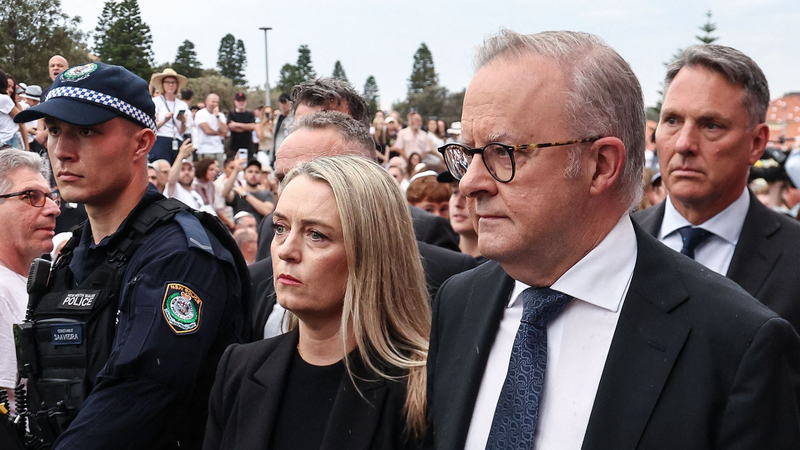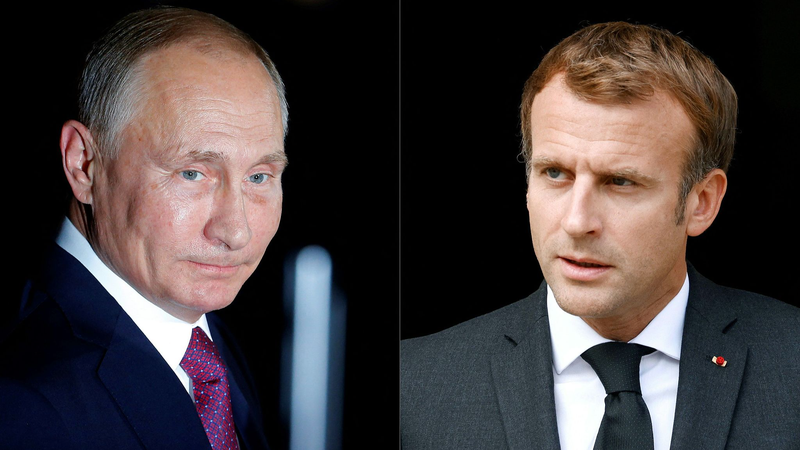During her annual address to the European Parliament on Wednesday, Ursula von der Leyen said the EU is teaming up with allies to roll out a 19th sanctions package against Russia. The new measures aim to speed up the phase-out of Russian fossil fuels and target Moscow's notorious "shadow fleet," a covert armada facilitating oil exports outside official channels.
Von der Leyen highlighted that the EU has already funneled nearly €170 billion ($199 billion) in military and financial aid to Ukraine. Looking ahead, the bloc is designing fresh mechanisms for sustainable support, including a "Reparations Loan" financed by immobilized Russian assets – a move to ensure Ukraine's reconstruction is underwritten by the very resources seized from its aggressor.
Innovation takes center stage in the EU's strategy. The announcement of a new Drone Alliance with Ukraine is set to bolster Kyiv's battlefield edge by pooling cutting-edge drone technologies. Coupled with an "Eastern Flank Watch" system – featuring real-time space surveillance and even a proposed "drone wall" along Europe's eastern border – these steps reflect a novel approach to hybrid warfare defense.
The United Kingdom is also stepping up, pledging to mass-produce Ukrainian-designed interceptor drones to thwart Russian missiles and kamikaze drones. With £4.5 billion ($6.1 billion) earmarked this year – the largest British commitment to date – London aims to ramp up drone deliveries tenfold by April 2026.
As the EU and its partners tighten the screws on Russia, these combined measures underscore a shift toward a more adaptive and technology-driven defense posture. For young global citizens and tech enthusiasts alike, the message is clear: solidarity, innovation, and strategic vision will define the next phase of support for Ukraine.
Reference(s):
EU pushing new sanctions on Russia, expanding aid to Ukraine
cgtn.com



